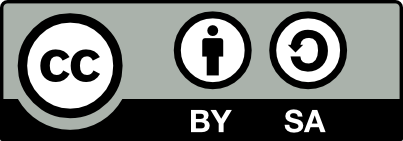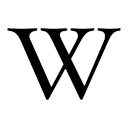Literarische Reportage aus dem medientheoretischen Blickwinkel / Literary Reportage from the Perspective of Media Theory)
DOI: 10.23817/lingtreff.27-21 (published online: 2025-06-25)
pp. 339–353
Keywords: literary reportage, mediality, intermediality, text
The constant change in the media landscape has a significant influence on the development of all text types. This also includes a form at the intersection of literature and journalism – literary reportage, which increasingly displays media characteristics. Through the integration and interaction of different media channels such as text, image, sound and interactive elements, literary reportage opens up new perspectives on the representation of reality. This phenomenon requires a detailed analysis in order to understand how the media strategies are used and what functions they fulfill. The analysis, based on media theory, opens up new dimensions of literary reportage in its contemporary form. The original value of the analysis lies in the extension of the previous definition of literary reportage by considering mediality as an integral part of the text type. The article examines how its two essential medial characteristics – visuality and sonority – emerge and what effect they have. The methodology consisted of analysing literary reportages that integrate various media channels. The functioning of these channels was analysed on the basis of case studies and related to theoretical approaches to mediality and intermediality. The results show that the mediality of literary reportage – both in the form of the combination of media in the context of intermedial relations and through the media codes conveyed in the text – enriches the narrative process. It contributes to understanding the events described in the text on a new level. At the same time, the role of the reader is decisively enhanced, as they are actively involved in the interpretation, which promotes interactivity and personal engagement with the text. It is, therefore, reasonable to conclude that the media-theoretical approach allows literary reportage to appear from a new perspective. By taking mediality into account, the understanding of the different narrative strategies is deepened, which can be applied in particular to the practice of writing and analysing literary reportage.

